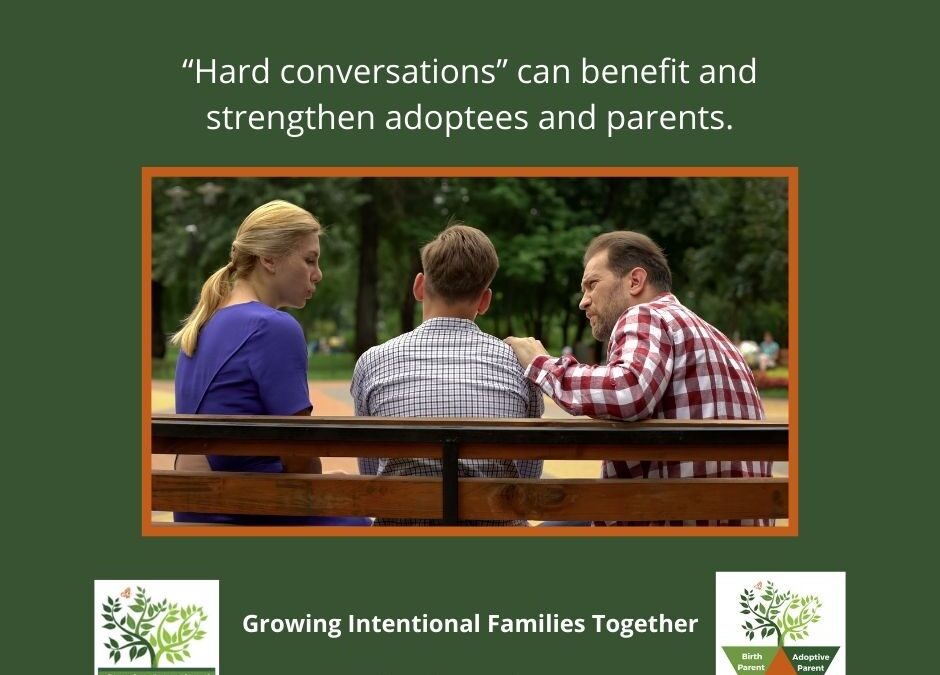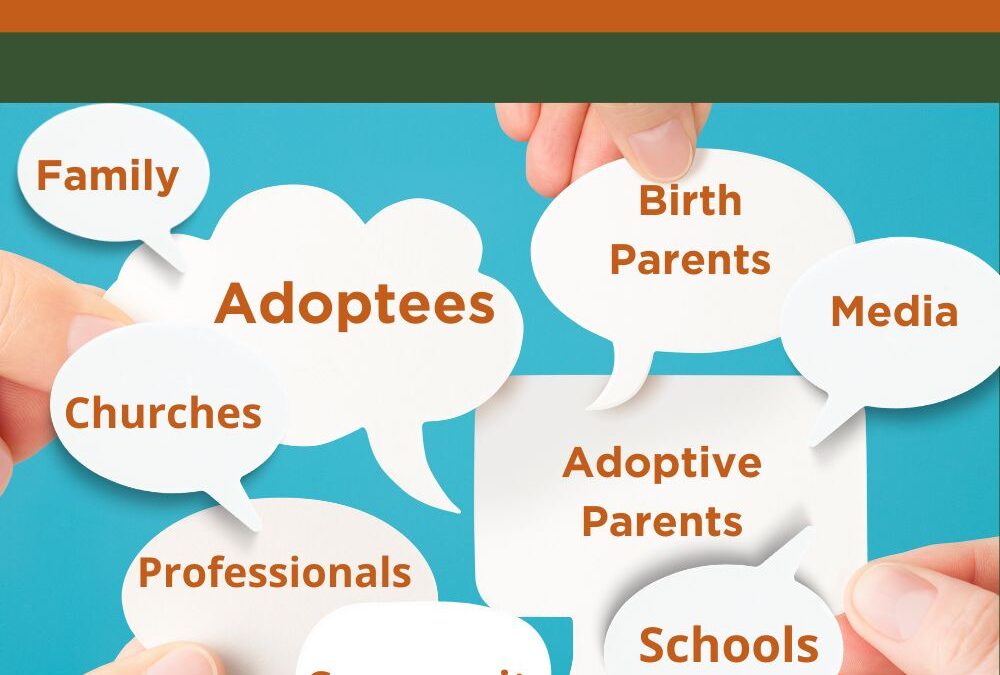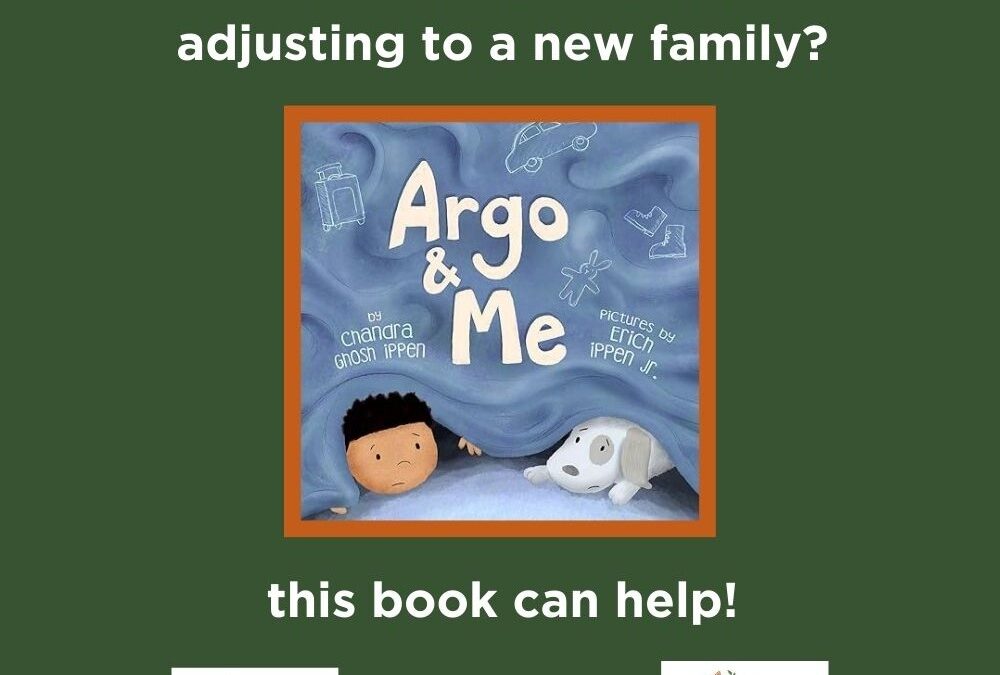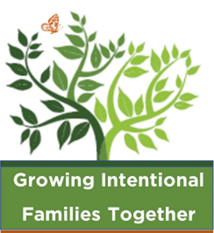
by Gayle Swift | Apr 10, 2024 | Adoptive parenting, Adoptive Parenting Skills/Tool|Blogs by Gayle Swift|Faith and Values|General Discussion|Post Adoption Challenges & Behaviors|School & IEP Support|Strengthening Family Relationships, difficult conversations
“Hard” conversations can benefit & strengthen relationships After interviewing Isaac Etter, the recipient of our 2024 Shaping the Future Award, my colleagues and I gathered to share reflections on community and powerful conversations. Isaac mentioned the...

by Gayle Swift | Mar 2, 2024 | Adoptee experience, Adoption Attunement, Adoption success, Adoptive parenting, Adoptive Parenting Skills/Tool|Blogs by Gayle Swift
In our previous blog, we named Isaac Etter as the 2024 recipient of our SHAPING THE FUTURE AWARD. We believe that his insightful work is making a difference in support of adoptees and the families who love them. We wanted to recognize how Isaac was shaping the...

by Gayle Swift | Feb 29, 2024 | Adoption Attunement, Adoption constellation, Adoptive parenting
Of course, talking about adoption matters. Adoption brings out big feelings for everyone involved. Finding the words and opportunity to discuss adoption with one another can often be challenging. While it can be tempting to avoid these conversations. Talking about...

by Gayle Swift | Feb 14, 2024 | Adoption Attunement, Adoption constellation, adoption from foster care, Adoption success, Adoptive parenting, recommended book
Family communication. When you read that, what came to mind? How do you feel about the communication patterns in your family? Good communication is something we all recognize that we need. Yet, most of us struggle to accomplish it. Talking about the good times usually...

by Gayle Swift | Feb 7, 2024 | Adoptee experience, Adoption Attunement, Adoption constellation, Adoptive parenting, Deep listening, Intentional conversations
Adoption. We’ve GOT to talk! Adoption is complicated and overflows with coexisting ambiguities. It both creates and fractures a family. Adopting parents gain a child. Birth parents lose a child. The adoptee loses his birth parents and family. He also gains adoptive...









